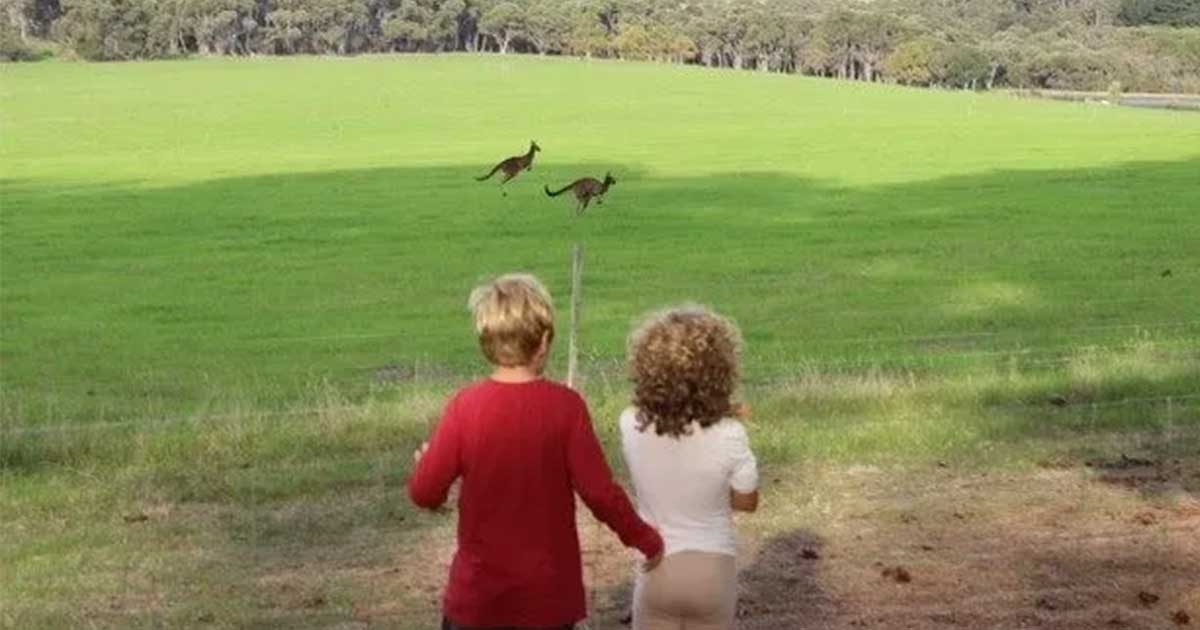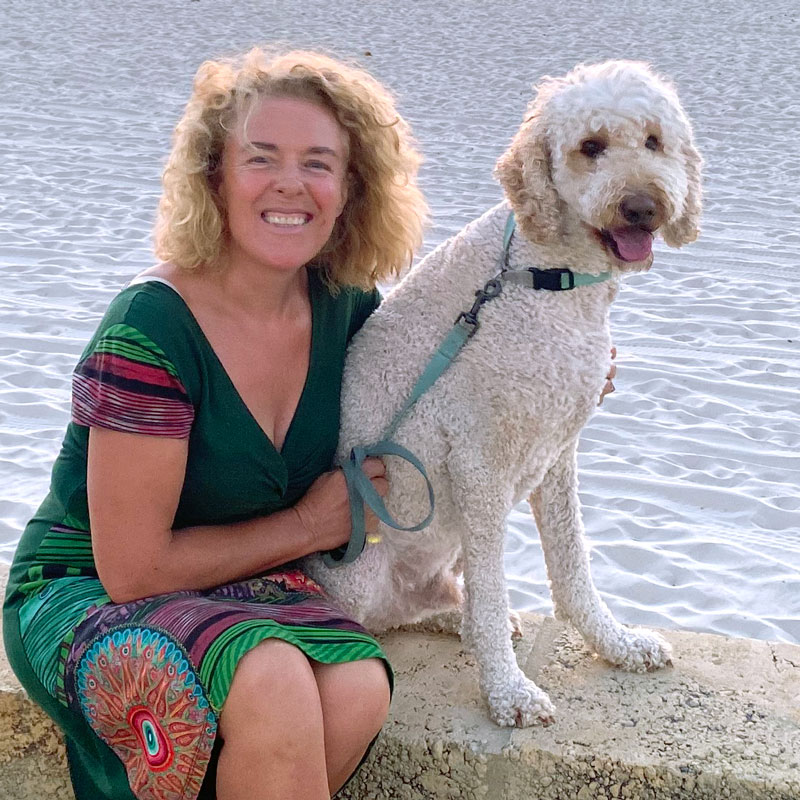We live in a time when information is easily available to us, we therefore cannot but notice what is happening in the world. From climate change to human trafficking and large-scale wars to inequality, we are bombarded by proof of man’s greed. It doesn’t surprise me at all that people choose to live in ignorance of the difficult truths surrounding life on planet earth.
Give us good news
But I am relieved that there are just as many people who rise up and tackle issues that cause death, destruction and suffering for millions of citizens of the world. Sadly, news-makers seem to be of the belief that a pessimistic narrative about the world sells better than an optimistic one. I believe there needs to be a more balanced approach to what we are fed by the media. In the absence of this balance, we must decipher the information we’re fed, understand the information bias that lies behind it and turn it into knowledge that we wish to retain. Young people need to know that it isn’t all doom and gloom out there. If they believe that our planet is doomed, what hope can they have for the future? They rely on us to create that hope for them and to give them reason to live meaningful lives. They don’t have the wisdom of our years.
Being a better parent
Which brings me to a topic that has been the subject of much discussion lately – entitlement. I keep reading and hearing criticisms about young people and their “sense of entitlement”. I unconsciously adopted this way of thinking until recently, when I stopped and asked myself what exactly it meant and where it came from. I felt it was harsh and too judgemental given that young people are just trying to find their way. I found the answers in how I am as a parent and how I believe I can do better.
We want our kids to be happy and most of us do whatever we can to help them achieve that. We do this by building their self-esteem, by telling them they’re great and special. But it’s not enough to simply tell them. They have to experience it for themselves through their achievements and their failures. Then and only then can young people lay down the foundations of true self-esteem. They’re not stupid, they can tell the difference between self-esteem earned and self-esteem handed to them on a plate. If we don’t provide them with the opportunities to earn it for themselves, in my view, we are putting them at risk of depression as adults. A strong sense of self-belief offers us solid protection against many of life’s arrows. Children must be taught that they have to earn privileges in order to understand what a privilege is. If not, they are likely to develop unreasonable expectations about what they are entitled to in life. They will miss out on learning the ability to truly appreciate all that they have and the beautiful act of gratitude.
Respecting others
All children are born with an innate sense of entitlement in that they expect to have all their needs met without ever having to consider anyone else. And that’s essential for a period of time. Eventually, they need to learn to consider others. But this can only happen once their own feelings have been taken into account and they are secure in themselves as human beings. As parents, we need to strike a balance between meeting our children’s needs and teaching them about respecting the needs of others. We do this by teaching them about the rights of others to have their needs met too. We should give love and attention to our children without treating them as though they are more special or entitled than others.
Born lucky
I get really sick of some people’s sense of superiority over those who are not fortunate enough to be born in Australia, America, Great Britain, Ireland, New Zealand and other prosperous democracies. We are lucky, it is as simple as that. Having travelled across poor parts of Asia and Africa, I met many beautiful people who had just as much right to live free of discrimination, poverty and suffering yet were trapped without the ability or the visa to move to a more prosperous country.
Our dinner table conversation has recently revolved around this topic as it is the underpinning theme of my novel and I’m passionate about it. I am encouraged that my children are beginning to show more humility as they get older. The other evening, my son told us, with tears in his eyes, about a lesson he did in Economics. They watched a video about people who work fourteen hours a day in Chinese factories making the latest phones. The phones are sold to us for a thousand dollars, yet the workers are lucky if they earn two dollars a day. My son was appalled by the conditions they were expected to work in. According to his teacher, this was capitalism at work. I said I believe it is man’s greed at work. I said that these workers are just like us, the only difference being that we were born in Ireland and have a passport that allows us to travel, learn and expand our horizons and they do not. We are free in that sense, they are not. This freedom is not something we have earned, but rather, we’ve been lucky enough to acquire at birth.
Dangers of social media
One of the challenges we are faced with in today’s environment is how to counter the superficial nature of the marketing our kids are exposed to through their social media feeds. There is far too much focus on body image and beauty. And don’t get me started on the violent content that is forced down our throats. Sadly, we live in a world still dominated by men who seek to degrade women through pernicious imagery. It’s important to educate our kids about the power of marketing and how young people are exploited in the name of profit.
We would do well to face the facts about online porn too. Once upon a time, pornography was hardly accessible by young people, nowadays it is available at the touch of a screen and often without even looking for it. Whether you wish to admit it or not, our kids are seeing things that are, frankly, perverse and detrimental to their beliefs.
They need to learn to be more discerning and to keep an open mind about what they choose to believe. This can only happen if we, as parents, are brave enough to have these uncomfortable conversations with them. We need to do it while we still have influence over them. A lot of parents shy away from broaching these subjects as they want to believe their kids are still innocent. A recent study found that children as young as eleven years old are being exposed to hardcore porn, involuntarily. Unfortunately, porn is ubiquitous on the internet. It is impossible to vet what kids are exposed to unless we remove their devices altogether and educate them at home. I’m not sure this would be good for them in the long run.
Young minds are easily influenced hence the need to communicate with them about the things that are not acceptable. As parents, we have a responsibility to protect our children from violent content by making it clear that it is unhealthy, offensive and not normal. I do not allow my kids to have a device in their bedroom. I insist on them being nearby so that I can keep a close eye on what they’re watching.
Feeding them positive stories of enlightened people doing amazing things to make the world a better place will help shape their thinking. The dinner table is our greatest forum and we need to make the most of it. It is the place where we are able to nourish their bodies, minds and souls.
Let’s cultivate awe
Right now, our world is in desperate need of decent role models, especially in the political arena. It would make our job as parents a whole lot easier if our children could see the same values they get at home, reflected in society. But let us not lose sight of the fact that humility and empathy are learnt, first and foremost, at home. We have a responsibility to teach our children empathy by practicing it ourselves. We need to cultivate awe by exposing them to inspirational thinkers and the teachings of enlightened leaders in order to instil in them a belief that we can all make a difference in our own way, every day. They need to see us behaving in a way that is inspiring and supportive too.
We are evolving, and we are more aware now than ever about our interconnectedness as human beings. We know in our hearts that we will never be at peace with ourselves unless we feel good about how we are as people and how we treat others. Just because somebody suffers in a place far from where we are, does not mean we are not affected by it when it flashes up on our news feed. At a deep level, it contributes to the malaise that many of us feel. So, when we find ourselves accusing young people of “being entitled”, let us first ask ourselves the question, what am I doing to ensure my children have the best chance in life to be a decent person?
My motto for the week is this:
I don’t wish to be better than anyone, I wish to be better than I have been so that I can better serve those around me.
Thanks for taking the time to read my ruminations this week. Please share it with friends and family if you think they might benefit from it.

